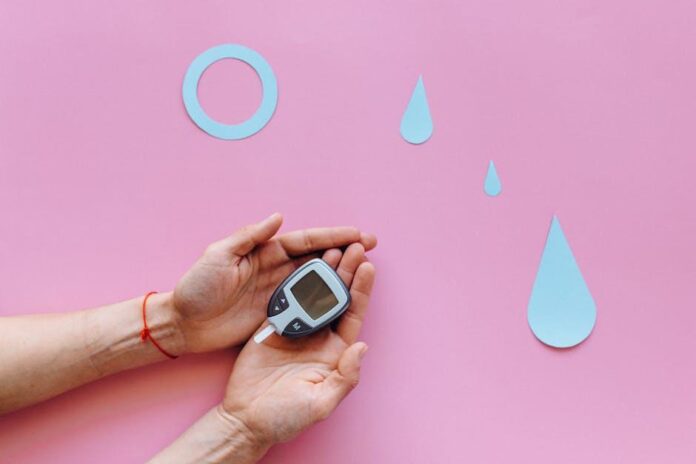
Recognizing the Signs: Symptoms of Low Blood Sugar
Low blood sugar, also known as hypoglycemia, is a common condition that occurs when there is not enough glucose in the bloodstream to provide the body with the energy it needs to function properly. It can be a serious and potentially life-threatening condition if left untreated. Recognizing the signs and symptoms of low blood sugar is crucial in order to prevent dangerous complications from occurring.
In this article, we will discuss the various signs and symptoms of low blood sugar, as well as the importance of early recognition and treatment.
What Causes Low Blood Sugar?
Low blood sugar can be caused by a variety of factors, including:
– Skipping meals or not eating enough
– Taking too much insulin or oral medications for diabetes
– Exercising more than usual without adjusting your diabetes medication
– Drinking alcohol without eating enough food
– Certain medical conditions such as liver or kidney disease
Symptoms of Low Blood Sugar
The symptoms of low blood sugar can vary from person to person, but some common signs to look out for include:
1. Shakiness or trembling
2. Sweating
3. Dizziness or lightheadedness
4. Hunger
5. Irritability or mood swings
6. Confusion or difficulty concentrating
7. Headache
8. Blurred vision
9. Weakness or fatigue
10. Nausea or vomiting
In severe cases, low blood sugar can lead to more serious symptoms such as seizures, loss of consciousness, or even coma. It is important to seek medical attention immediately if you or someone you know is experiencing these symptoms.
Recognizing the Signs
Recognizing the signs of low blood sugar is crucial in order to prevent potentially dangerous complications from occurring. If you have diabetes or are at risk for developing low blood sugar, it is important to be aware of the symptoms and take steps to prevent them.
Here are some tips for recognizing the signs of low blood sugar:
1. Monitor your blood sugar levels regularly, especially if you have diabetes.
2. Pay attention to how you feel after eating or exercising to determine if your blood sugar may be low.
3. Keep a close eye on your symptoms and seek medical attention if you experience any of the more serious symptoms of low blood sugar.
4. Carry a snack or glucose tablets with you at all times in case your blood sugar drops unexpectedly.
5. Communicate with your healthcare provider about any concerns or questions you may have about low blood sugar.
Managing Low Blood Sugar
If you have diabetes, it is important to manage your blood sugar levels effectively in order to prevent episodes of low blood sugar. Here are some tips for managing low blood sugar:
1. Eat regular meals and snacks throughout the day to maintain stable blood sugar levels.
2. Monitor your blood sugar levels regularly and adjust your insulin or medication as needed.
3. Carry a source of fast-acting glucose with you at all times in case your blood sugar drops unexpectedly.
4. Stay hydrated and avoid excessive alcohol consumption, as this can lead to low blood sugar.
5. Communicate with your healthcare provider about any concerns or questions you may have about managing low blood sugar.
Conclusion
Low blood sugar is a common condition that can be potentially serious if left untreated. Recognizing the signs and symptoms of low blood sugar is crucial in order to prevent dangerous complications from occurring. If you have diabetes or are at risk for developing low blood sugar, it is important to be aware of the symptoms and take steps to prevent them.
By monitoring your blood sugar levels regularly, eating regular meals and snacks, and carrying a source of fast-acting glucose with you at all times, you can effectively manage low blood sugar and prevent potentially dangerous episodes from occurring. If you are experiencing symptoms of low blood sugar, it is important to seek medical attention immediately in order to receive the appropriate treatment.
Remember, early recognition and treatment of low blood sugar can prevent serious complications and ensure that you stay healthy and safe. Stay informed, stay prepared, and take care of your blood sugar levels to maintain optimal health and well-being.

















